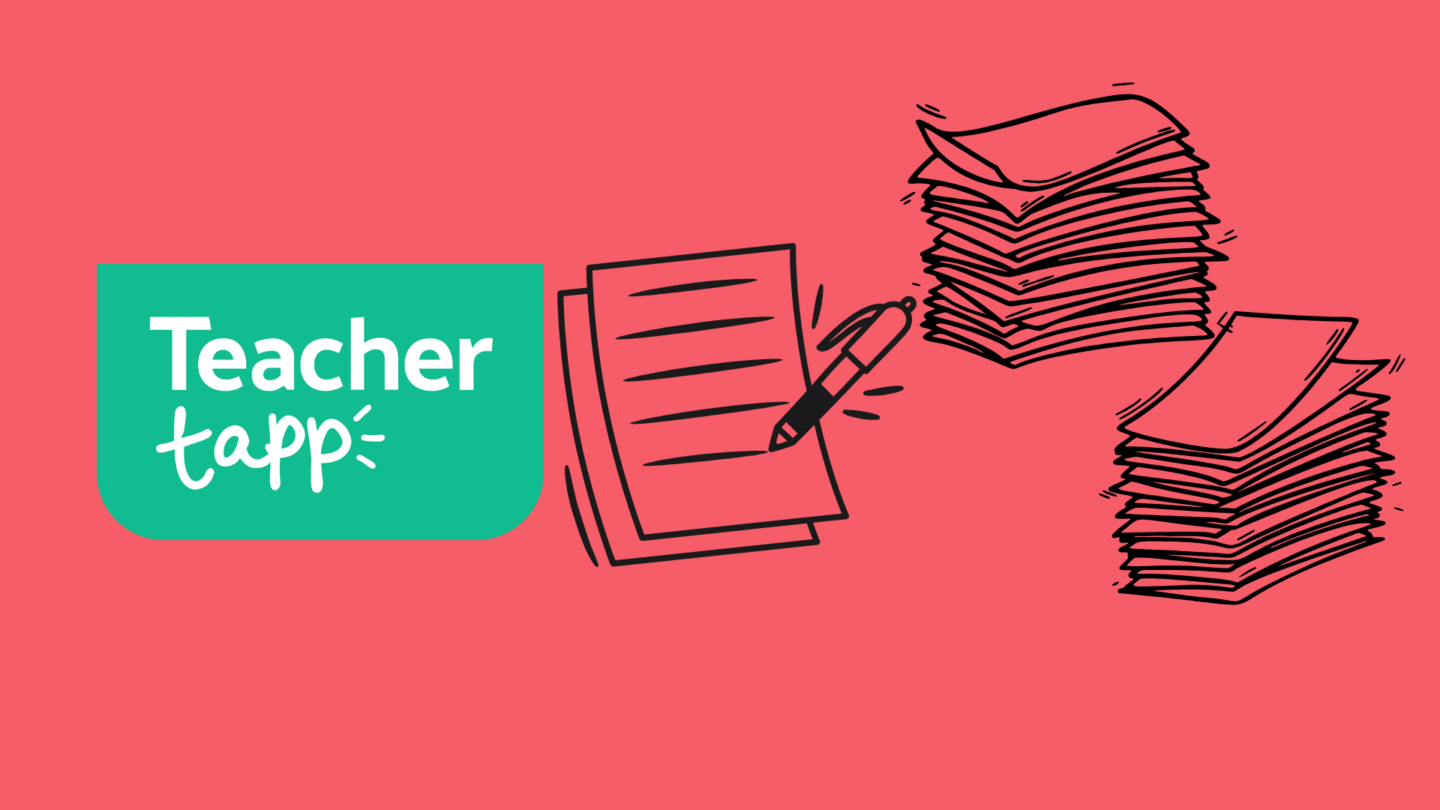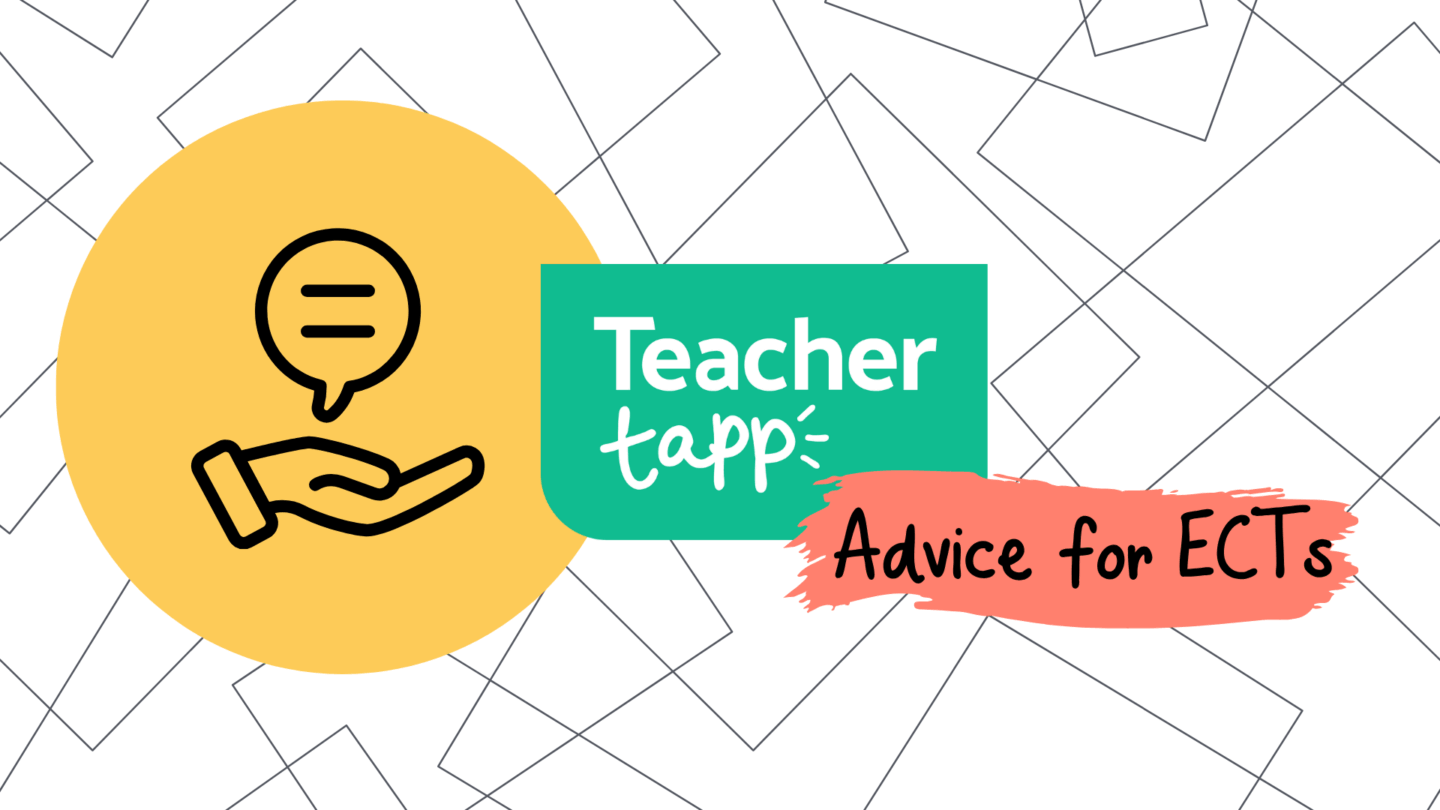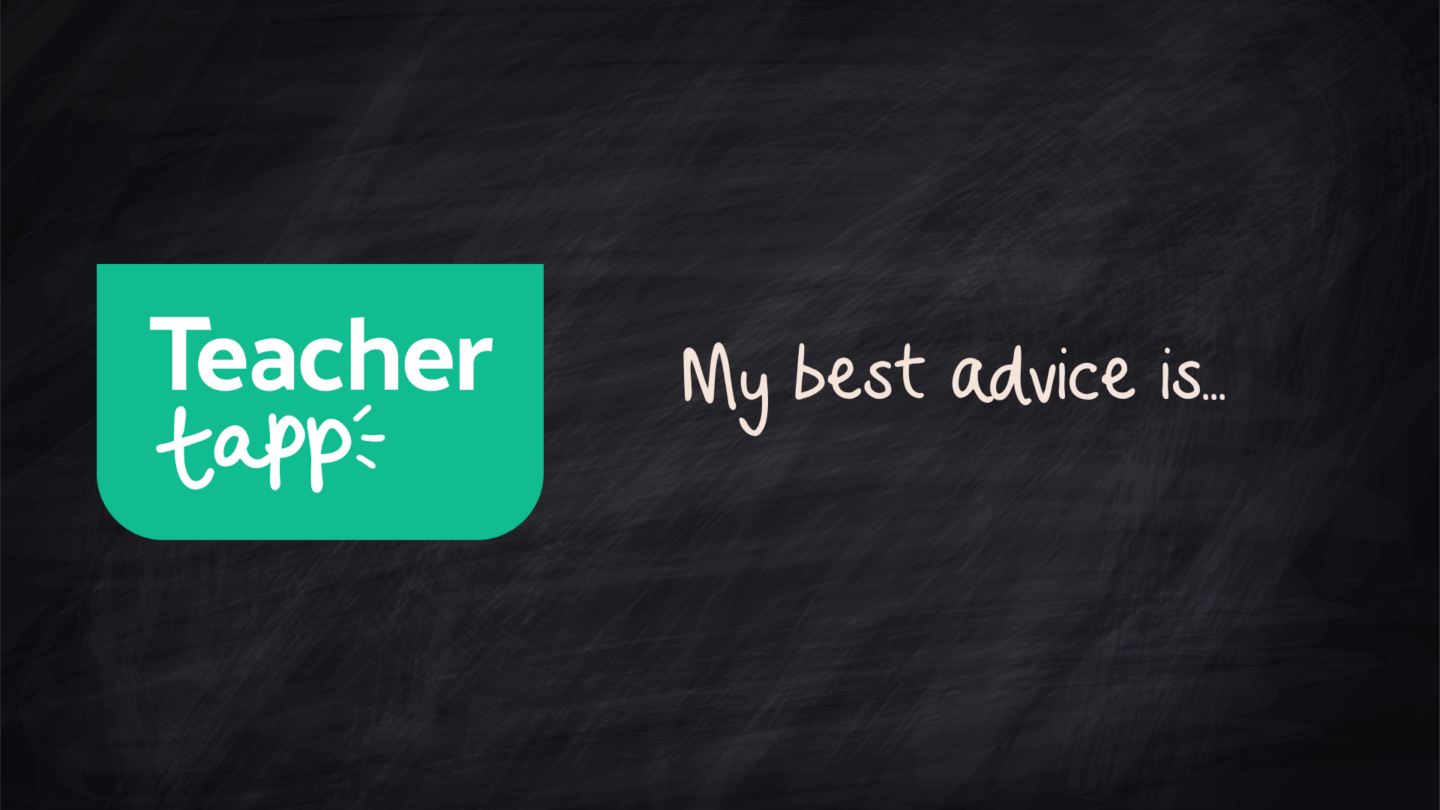Strikes: the Teacher Tapp crystal ball!
Last round of strikes, based on what you had told us, we predicted strikes would have the greatest effect in London. Readers lucky (?) enough to dwell in the Big Smoke may have seen our prediction make the front page of the Evening Standard. We said a quarter of schools in the capital would close entirely.
The actual figure, according to DfE data: 23.9%. This illustrates how your participation allows Teacher Tapp to show what’s really going on in schools… sometimes before it even happens.
A month has passed, and neither government nor unions have budged. Next up, regional strikes. Loosely, the North on Tuesday, Midlands and East on Wednesday, London and the South on Thursday. (The editors will not be entering into any correspondence as to where the North/Midlands/South begin and end.)
So what can we predict? We asked who you expected would be in school: primary teachers we asked what proportion of pupils; secondary teachers what year groups. We crunched what you told us a couple of ways:
Regionally: London is still on top. For example, only a quarter of primary school teachers in London expect their school to remain open to all pupils. Outside London, the lowest was a third (North West), the highest half (East of England). Secondary school teacher responses showed a similar pattern.
By year group: Year 11 are very likely to be in school. Nationally, 64% of teachers expect them to be in school, with Year 13 coming a close second. Year 9 are the least popular year group – or at least, the group teachers say are least likely to be attending school on a strike day this week.
12% of primary teachers and 16% of secondary teachers didn’t know what would happen at their school. We’ll be asking more questions about strikes this week to find ut. As ever, keep tapping!
Trust and flexibility
We’ve been asking questions around trust, feeling valued and flexibility, which we’ll be making available in our School Surveys later this term. First up: trust. Teachers say they feel less trusted than when we’ve asked in previous years – although it’s not a huge fall. Last year 82% of teachers said they ‘definitely’ or ‘mostly’ felt trusted to do their job (the highest figure we’ve ever seen). This year, that figure is 78%.
How does this manifest itself? Well, even in the middle of a pandemic, only 42% of teachers were allowed to do PPA at home (either always or sometimes). This year, that’s dropped back to only 34%. We would love to hear the reasons you’ve been given for this…
We also asked whether teachers believed the school would want to replace them after only a small decrease in their performance. We’re not sure whether to feel reassured that 64% of teachers disagreed – or worried that 15% agreed (21% were neutral). We looked at whether you felt more vulnerable if you’d been teaching longer, were more/less senior, or taught in academies rather than maintained schools – but nothing seemed to make a huge difference.
Short cuts: enjoying school – and what you want to know about it
Did you enjoy school as a child? We asked classroom teachers and middle leaders this week. 81% of you agreed you had enjoyed school. (We’re launching pupil surveys as part of our School Surveys this week – it will be interesting to find out how representative this is of pupils nationally). Intriguingly though, the younger you are, the more you say you enjoyed school as a child. Only 72% of tappers aged 50+ enjoyed school. A whopping 88% of tappers in their 20s enjoyed school. So although younger teachers may not ever be able to buy a house, or even a tomato, at least it seems in school they’ve never had it so good.

The gradual decline of academic reading
Once upon a time, there was huge enthusiasm about teachers all reading academic journal articles. We now have five years’ data on on how often teachers actually do this.
Every year, fewer teachers tell us they read academic articles. This year, only 16% of tappers said they did so frequently: half what it was in February 2018. The proportion of Tappers who never read articles has doubled (6% to 12%).
So are teachers giving up on academic articles? Not so fast.
Most teachers do read academic articles: 78% of teachers do so either ‘frequently,’ or ‘sometimes.’ Second, Teacher Tapp launched at ResearchED (in September 2017) and in February 2018, slightly under 2000 teachers responded to the question. This month, over 8,000 teachers responded. Maybe Teacher Tapp is just becoming more normal…
As ever, the more teachers tapping, the better we can reflect what’s really going on in schools. So if you know someone who might be interested – whether or not they read academic journal articles – message them now.

How to choose a school
We asked secondary school teachers whether you would choose a secondary school based on GCSE results, student destinations, or neither. Overall, half of you wanted to see GCSE results, a third of you student destinations, and 17% of you neither. But there were two fascinating wrinkles in this data. First, tappers without children were more likely to be interested in destination data. Second, tappers with children were more likely to be interested in neither form of data.
Are those without children more worried about where the children they don’t have might end up? Making destination data more important? Does bringing up children convince you they’ll chart their own path, irrespective of what the school does? Making data less useful? Not unusually, a good week’s learning has left us with a lot more questions.
And finally…
The most read tip this week was: the case for 20% PPA time
And here are the rest for your reference:





